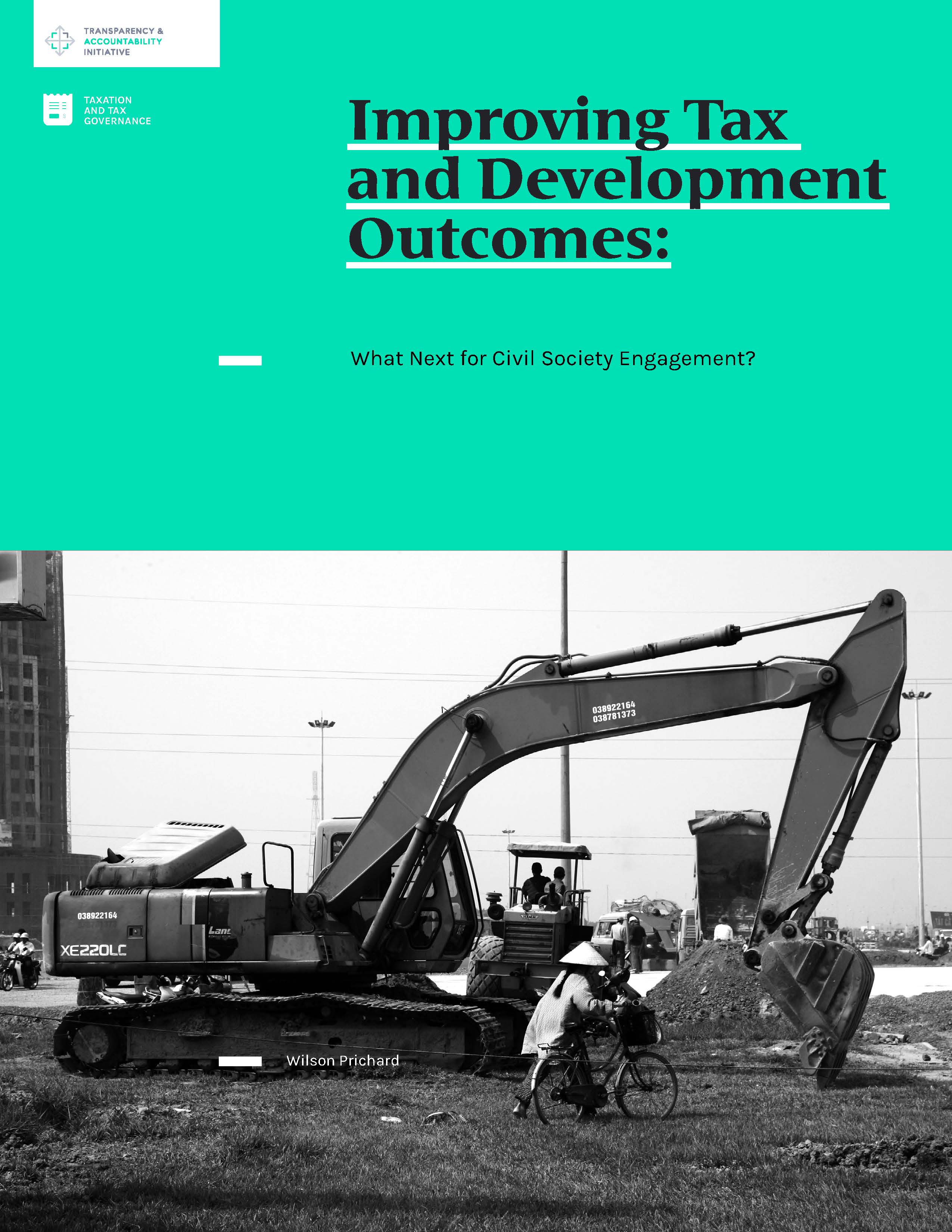During the first quarter of 2018, the International Budget Partnership, together with the Transparency and Accountability Initiative and the Carnegie Endowment for International Peace convened 35 fiscal transparency and accountability advocates, practitioners, scholars, and funders from 14 countries under the theme of Fiscal Futures. The group met twice to review assumptions, rethink strategies, and imagine the future of public finance two decades from now. The driving question for convening was: how can civic action on fiscal accountability contribute to positive change in the lives of the poor and marginalized?

Our starting point, corroborated in extensive interviews, was that we had not achieved as much as we hoped as a field. Although work on fiscal accountability had contributed to significant improvements in opening fiscal processes to citizen engagement, we have struggled to translate these gains into systemic and transformation improvements in the lives of poor and marginalized communities. At the same time, shifts in global leadership and increasing constraints on civic engagement around the world has meant that the external context for fiscal accountability work will be more difficult going forward than in the previous 10-15 years.
The dialogue sought to catalyze a creative discussion about a revitalized vision for fiscal accountability that delivers on the promise of transforming lives and to document a set of strategies and ways of working that might help us to get there. The group we convened included researchers, activists, and donors deeply engaged in a wide range of fiscal accountability initiatives, including work on public expenditure and taxation, natural resource revenues, anti-corruption, open contracting, and state capture. With representation from all regions, the group collectively represented programming at national, provincial, and community levels.
The meeting utilized a scenario building methodology, with a focus on the world in 2040. This methodology and time frame was chosen explicitly to encourage creative thinking and cross-field collaboration. Because no one knows what will happen in 2040, participants are compelled to leave their assumptions at the door, and engage in a collaborative, visioning conversation.
Materials that emerged from our discussions in the scenarios initiative can be found here: internationalbudget.org/fiscalfutures. These materials fall under the following categories:
STATE OF THE FIELD
To set the stage for the scenarios, we published two perspectives on the state of the field. The first, Anja Rudiger’s “State of the Field Review: Fiscal Transparency and Accountability” recaps the successes achieved to date and the challenges ahead based on the results of approximately 40 interviews with activists, researchers, and donors active in the field. It is a critical account of our progress and not only honors our successes, but also plainly documents the uphill path ahead.
The State of the Field Review is complemented by Tom Carothers and Saskia Brechenmacher of the Carnegie Endowment for International Peace. Their post, “Revisiting The Foundational Assumptions Of Fiscal Transparency And Accountability Work,” unpacks our starting assumptions and suggests how these might be evolving – a real-time take on how we are transitioning as a field from fiscal accountability 1.0 to 2.0.
FISCAL SCENARIOS
The detailed scenarios developed as part of this initiative tease out four ways in which a fictitious country called Thule might develop by the year 2040. The scenarios roughly break down into two more positive and two less positive, working with a set of common political, economic, and fiscal variables.
For individuals and organizations looking to introduce a future’s perspective into their strategic discussions, we also produced a detailed guide on how to use the scenarios.
BLOG SERIES
We are also producing a blog series exploring some of the biggest issues that fiscal accountability enthusiasts are likely to encounter over the next 10 to 15 years. Each post will focus on one key future challenge and/or opportunity with major implications for fiscal accountability that arose during our scenarios discussions and provide an opportunity for Fiscal Futures workshop participants to tease out one or more themes that connect most closely to their work.
Upcoming post topics from our colleagues Paolo de Renzio, International Budget Partnership; Wilson Pritchard, International Center for Tax and Development; David Lewis, Corruption Watch, South Africa; Nikhil Dey, MKSS; Christine Wong, University of Melbourne; and more include:
- How can we craft a new public finance narrative focused on inclusion and equity?
- Is there a path toward domestic resource mobilization with equity and accountability?
- Fiscal accountability advocacy and democratic recession: a critical wedge or red herring?
- Can social movements save fiscal accountability while civic spaces are closing?
- Fiscal accountability and autocracy: how might the fiscal accountability agenda unfold in Iran and Saudi Arabia?
- How might fiscal accountability develop in China and what might be the implications for the developing world, especially Africa?
- Will massive anticipated climate flows provide critical leverage or overwhelm fiscal accountability efforts in fragile environments?
For those of us that had the opportunity to participate directly in the Fiscal Futures project, it was a real luxury to set aside several days to debate the future with like-minded comrades. We only wish we could offer this opportunity to many more people engaged in the fiscal accountability field. Our experience taught us that it is essential to integrate a future perspective into strategic planning, and scenario building can be an effective tool to do so. It will be rewarding – even liberating – to spend at least some time thinking and debating about how the future might evolve and impact on our work.
This introductory blog was first published in IBP site.


